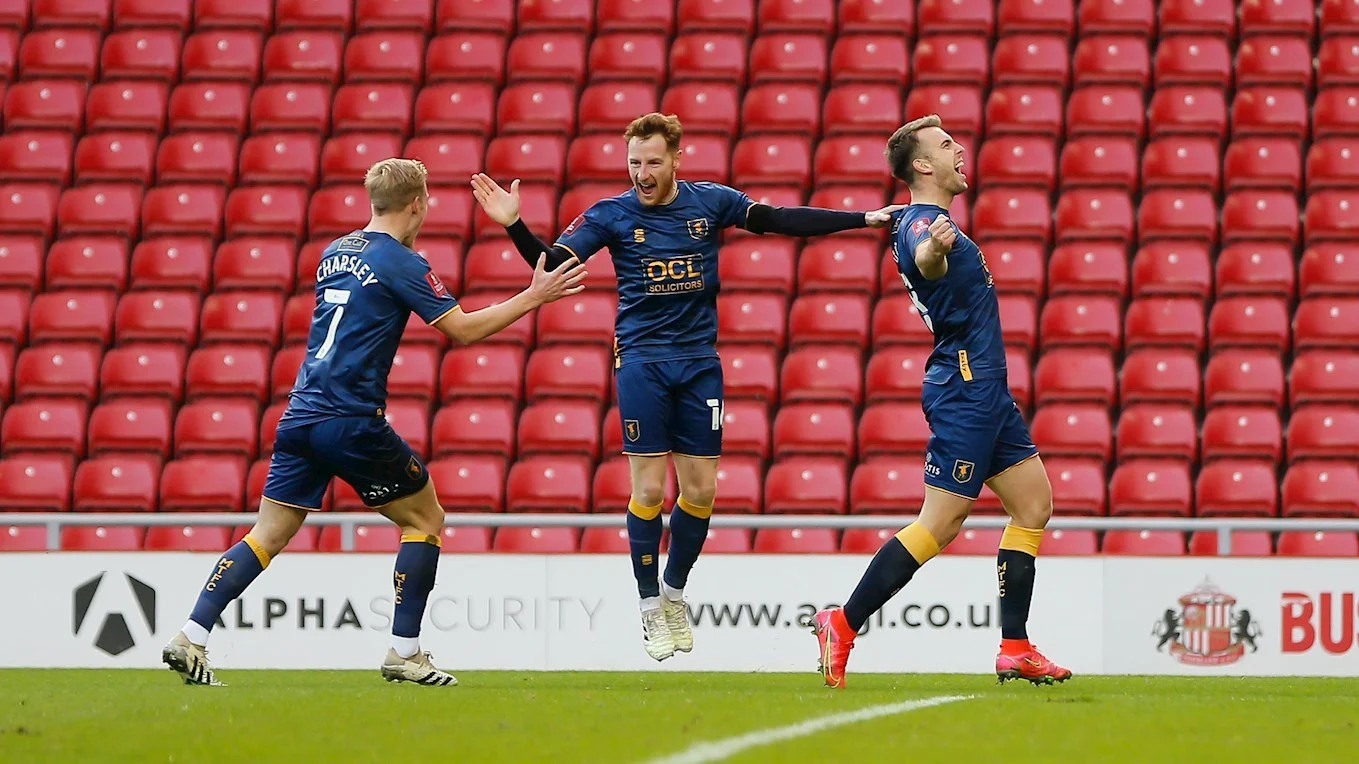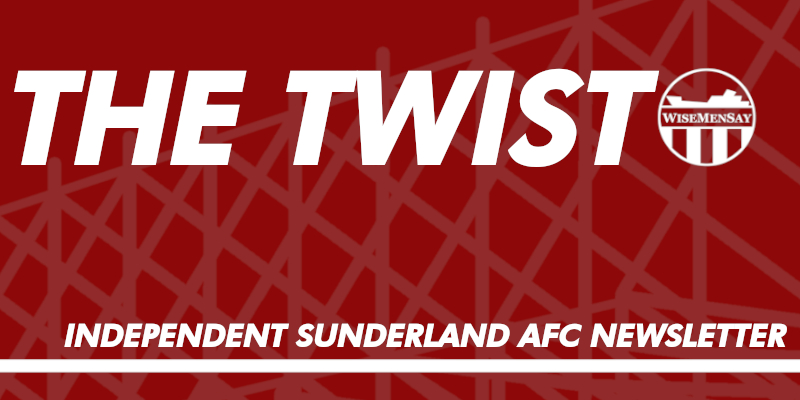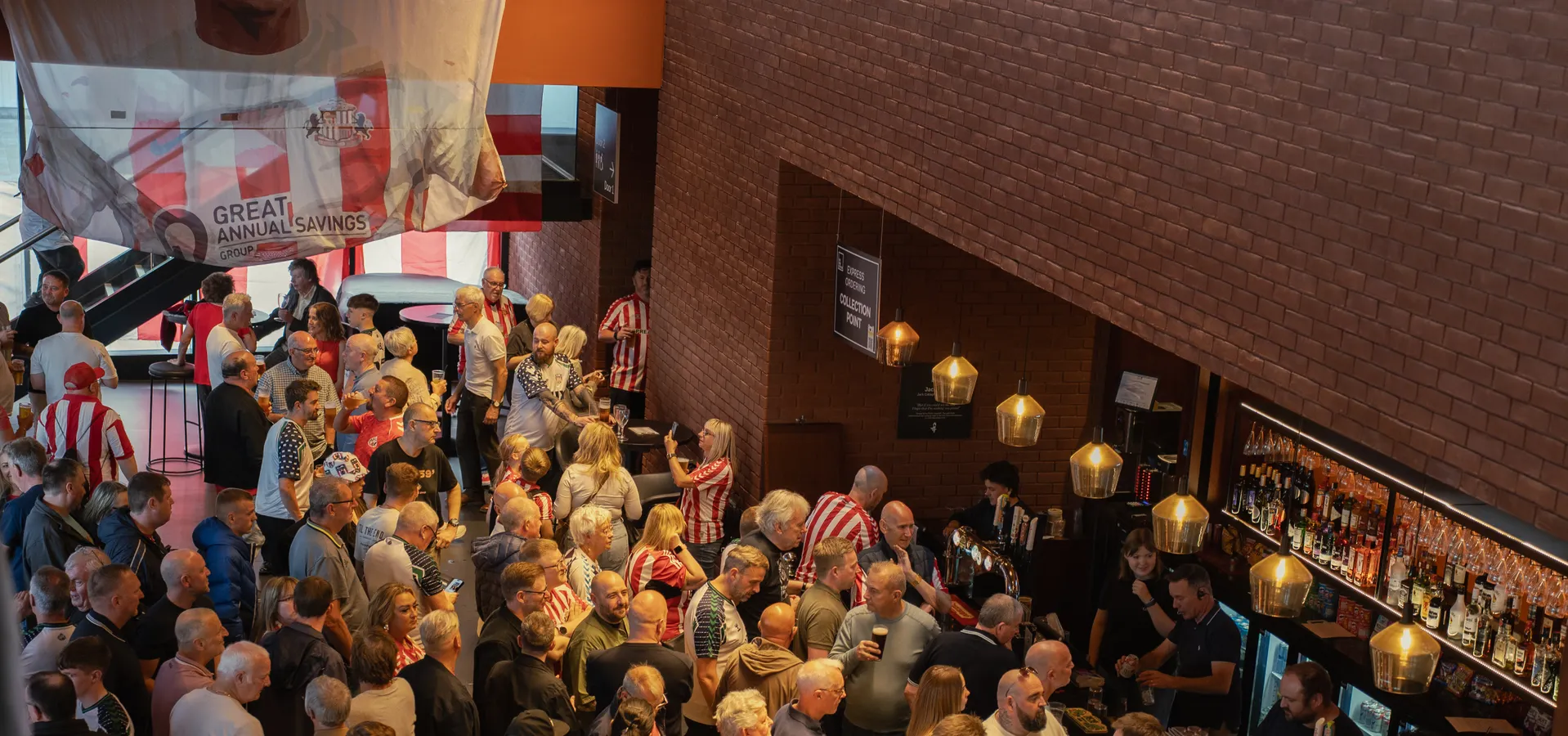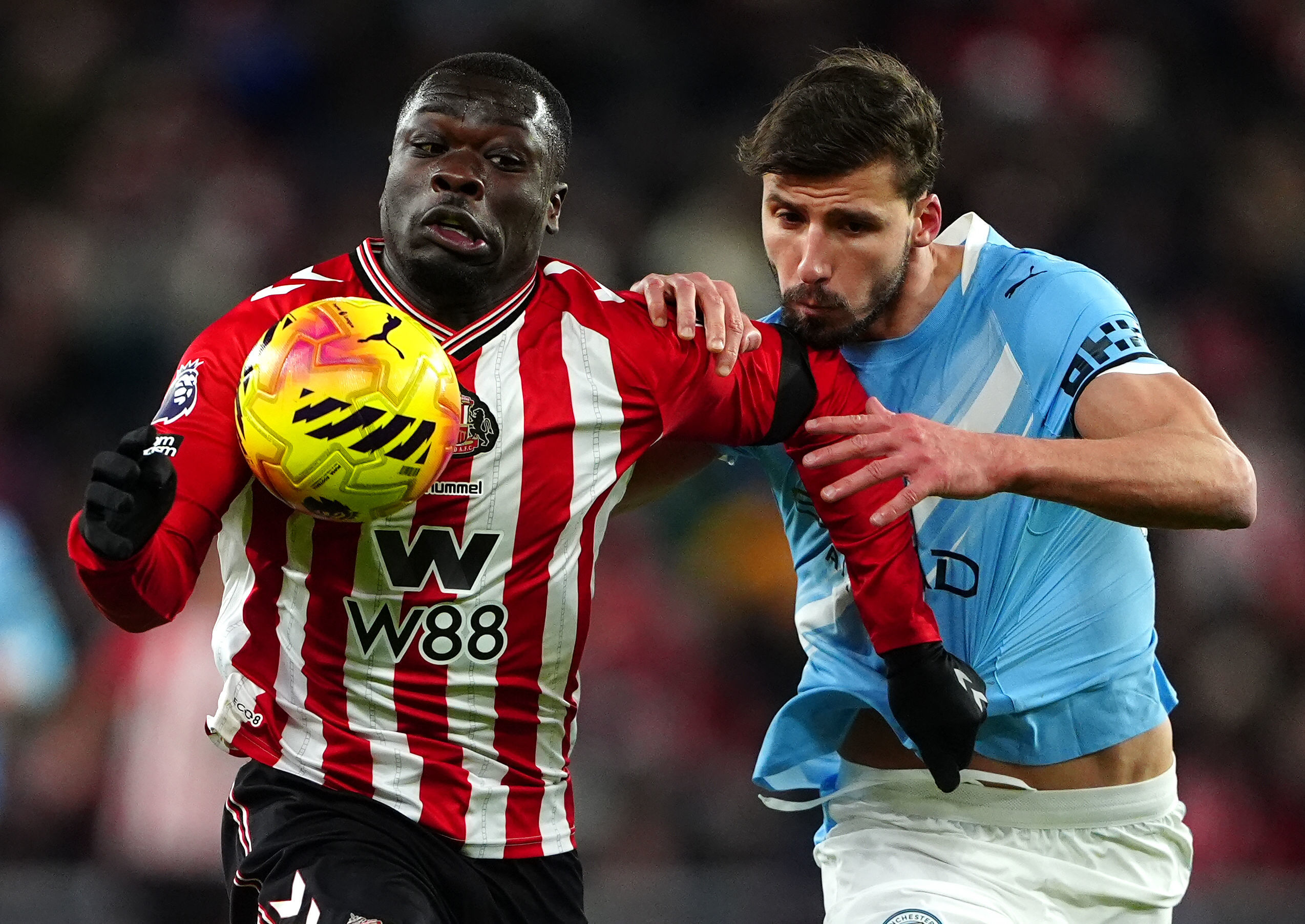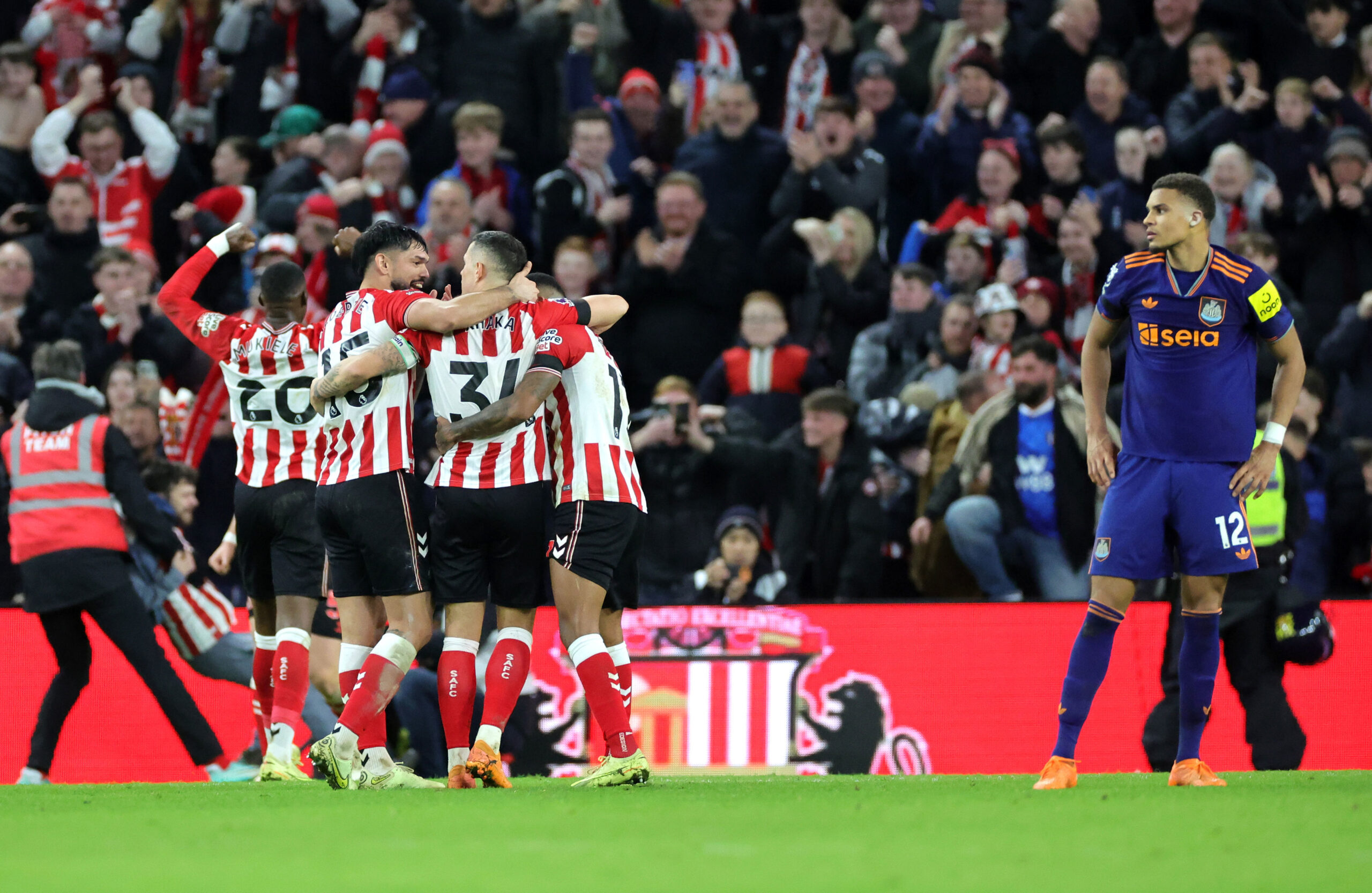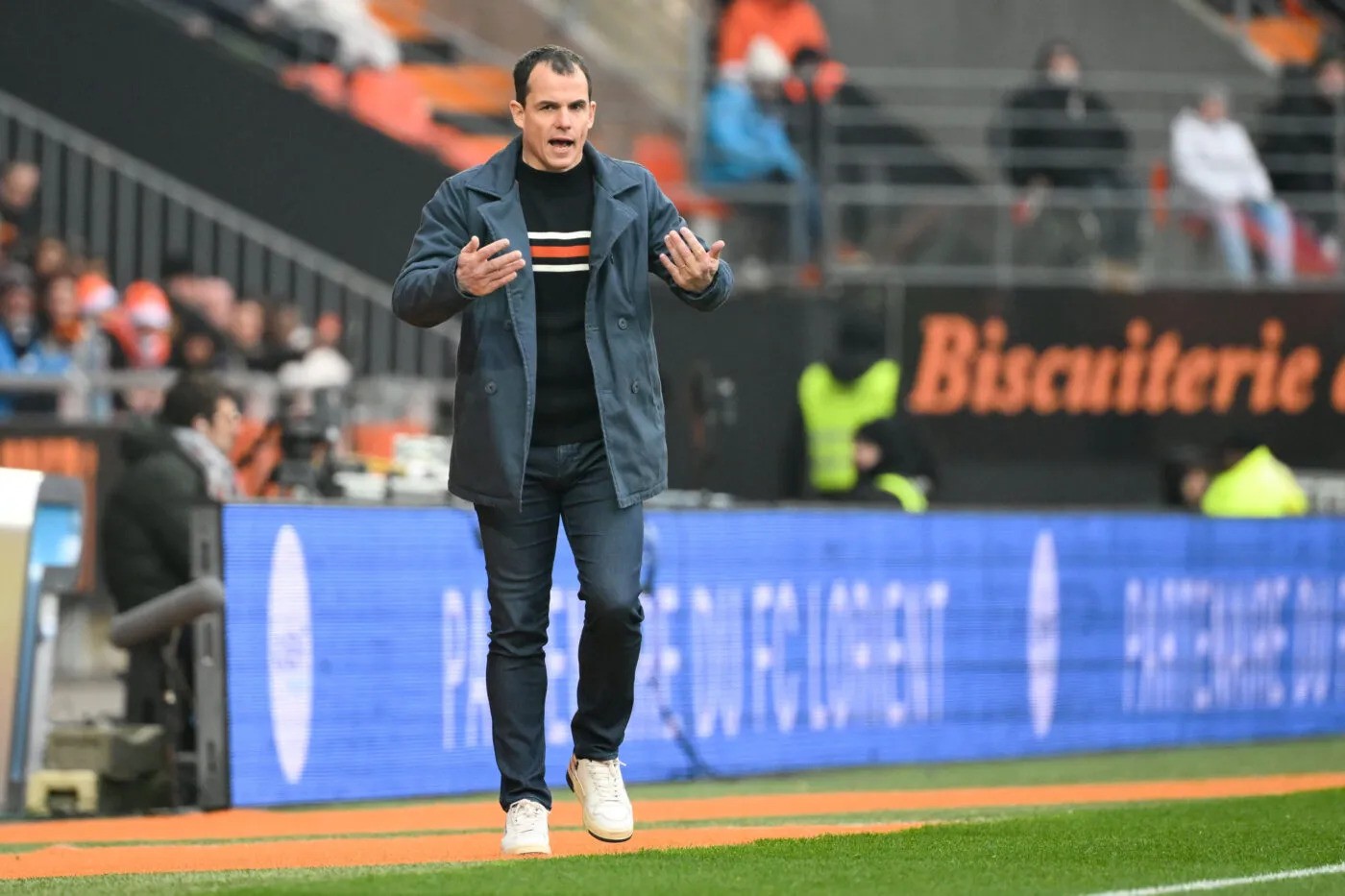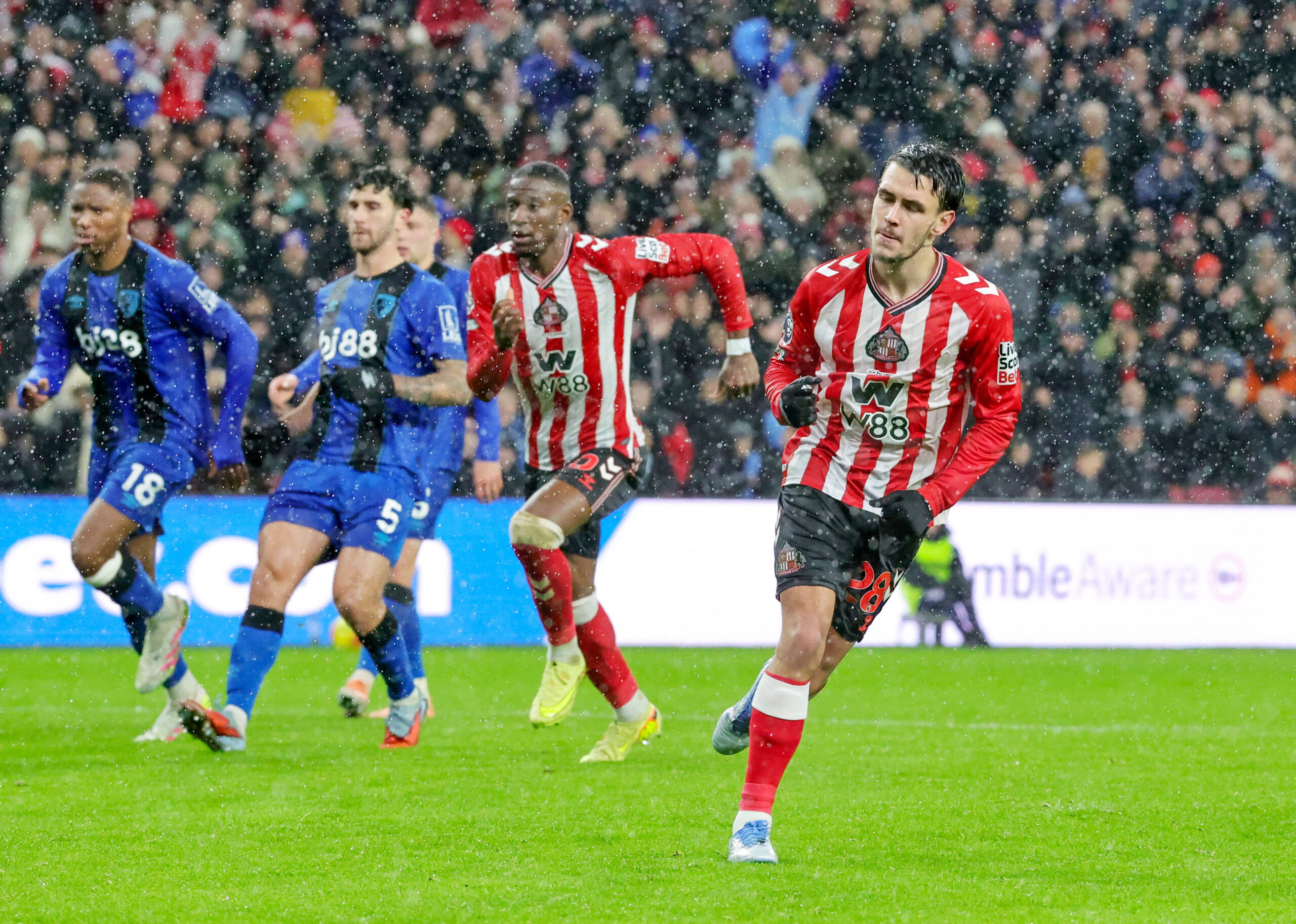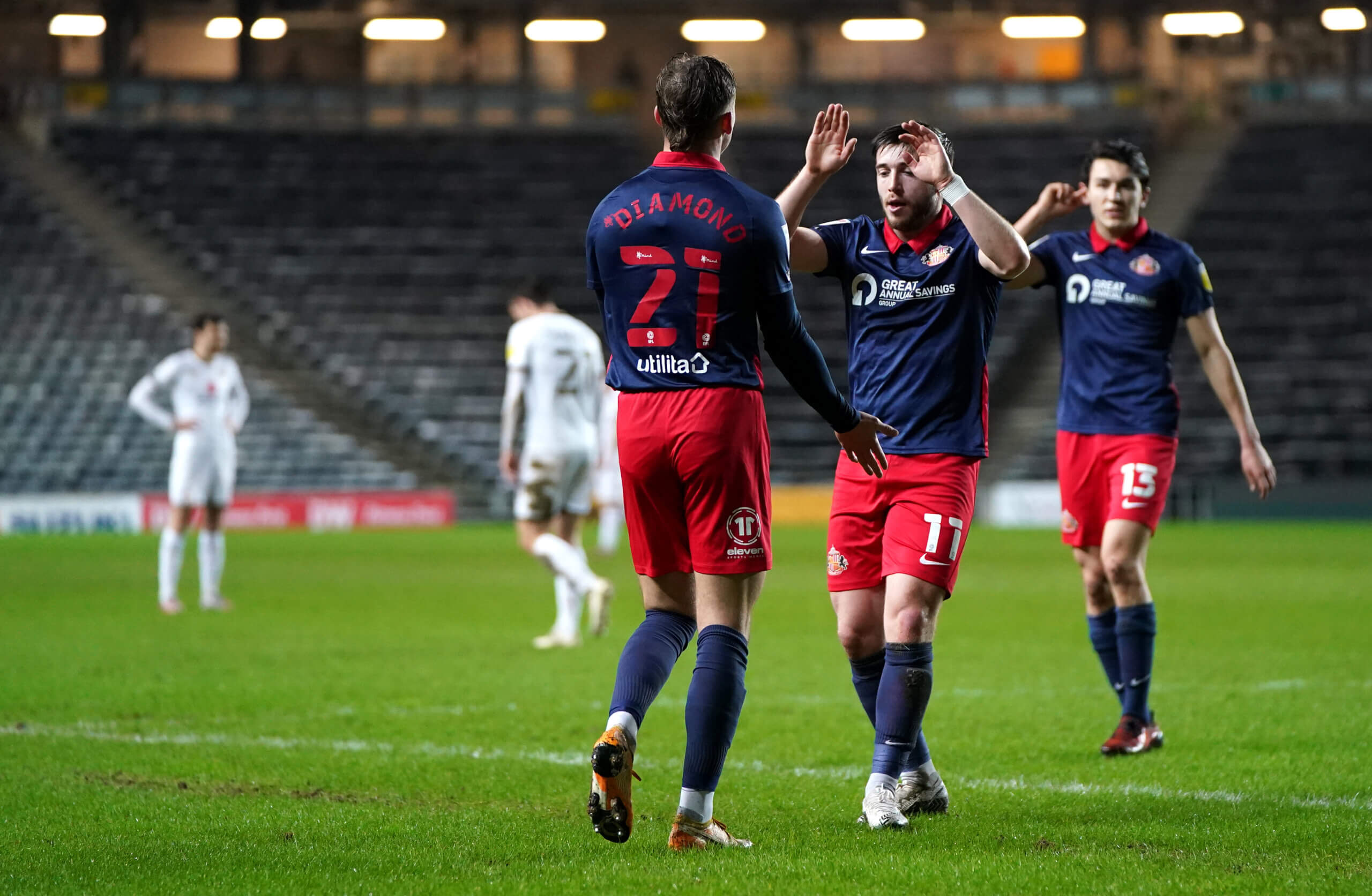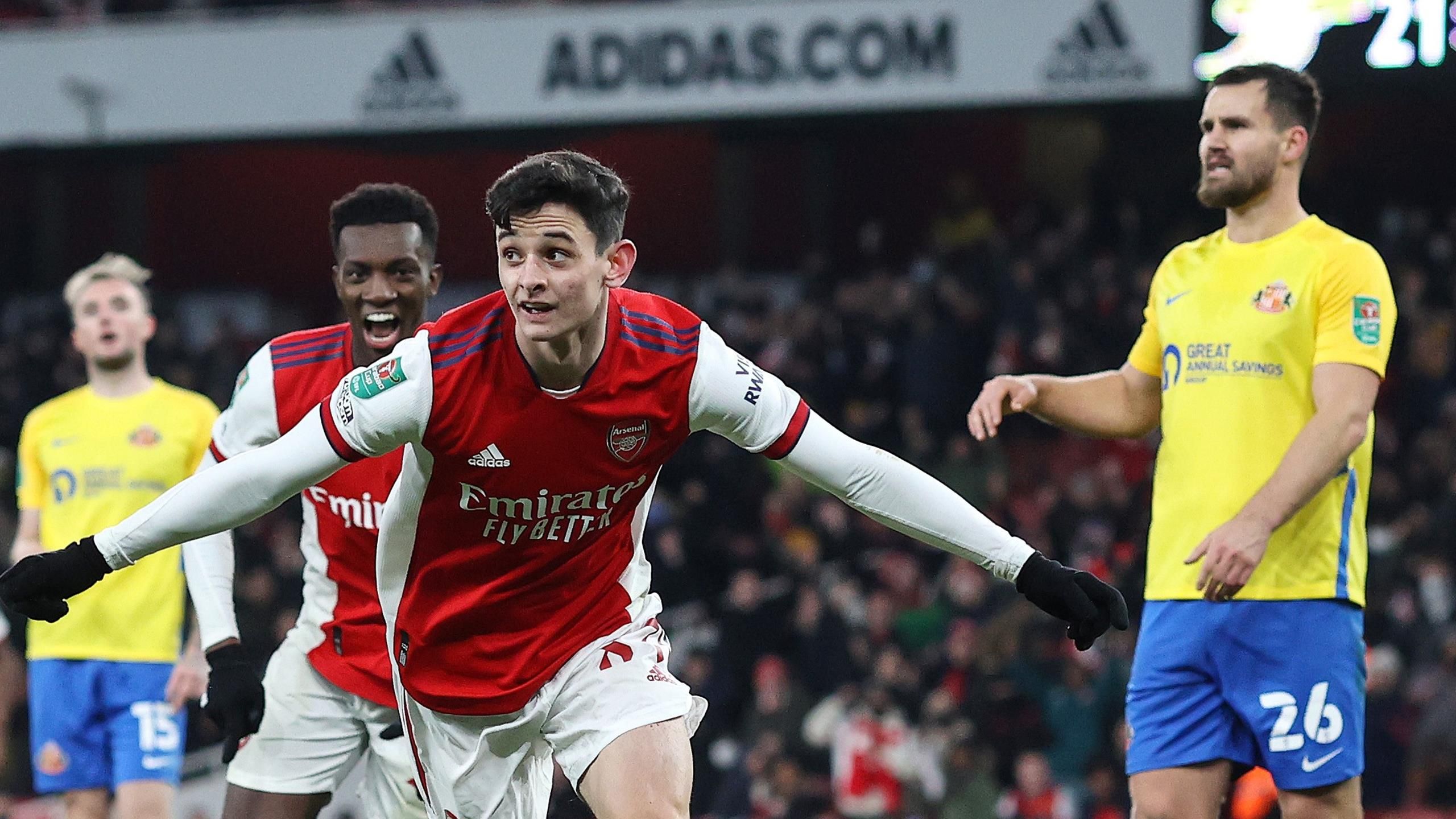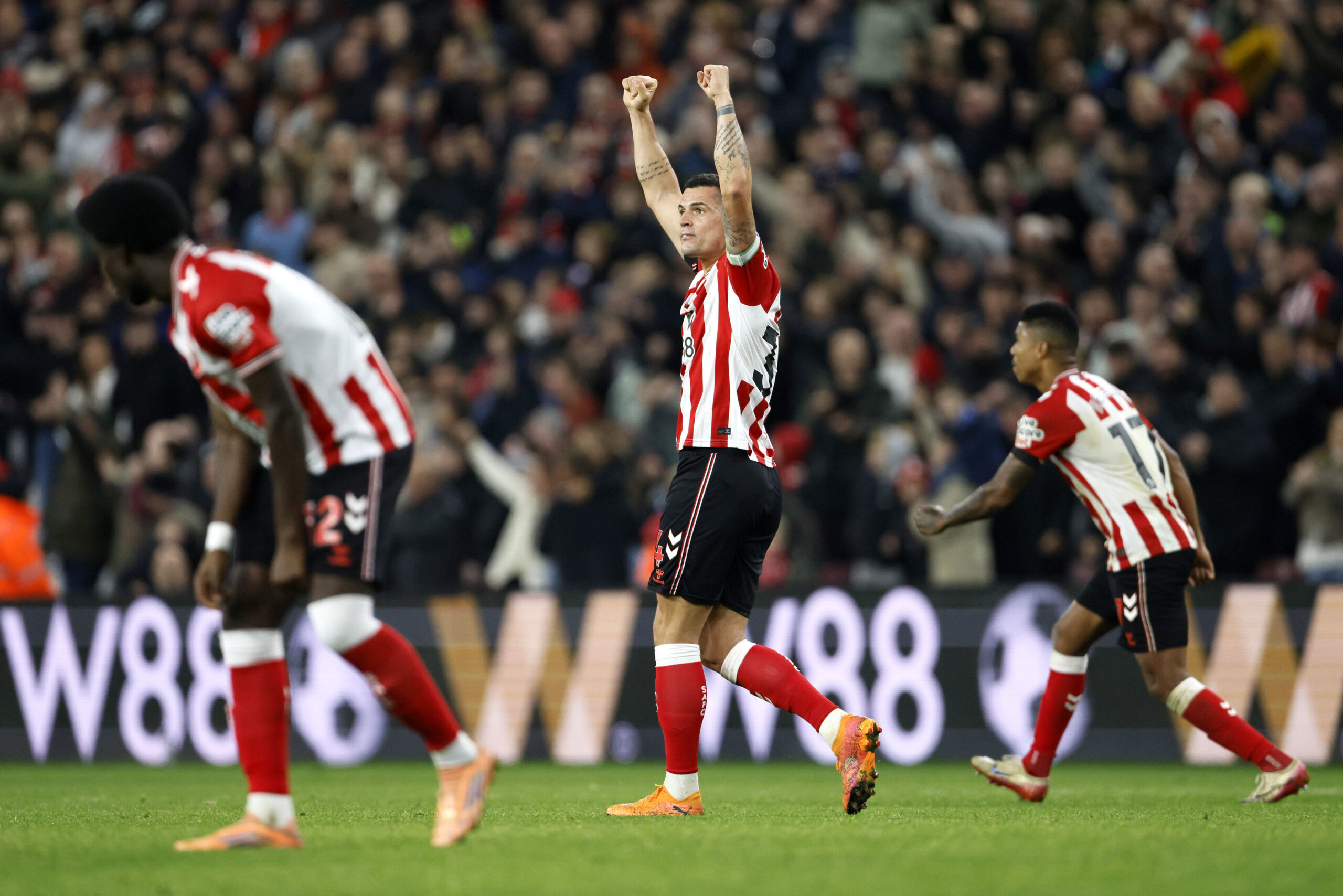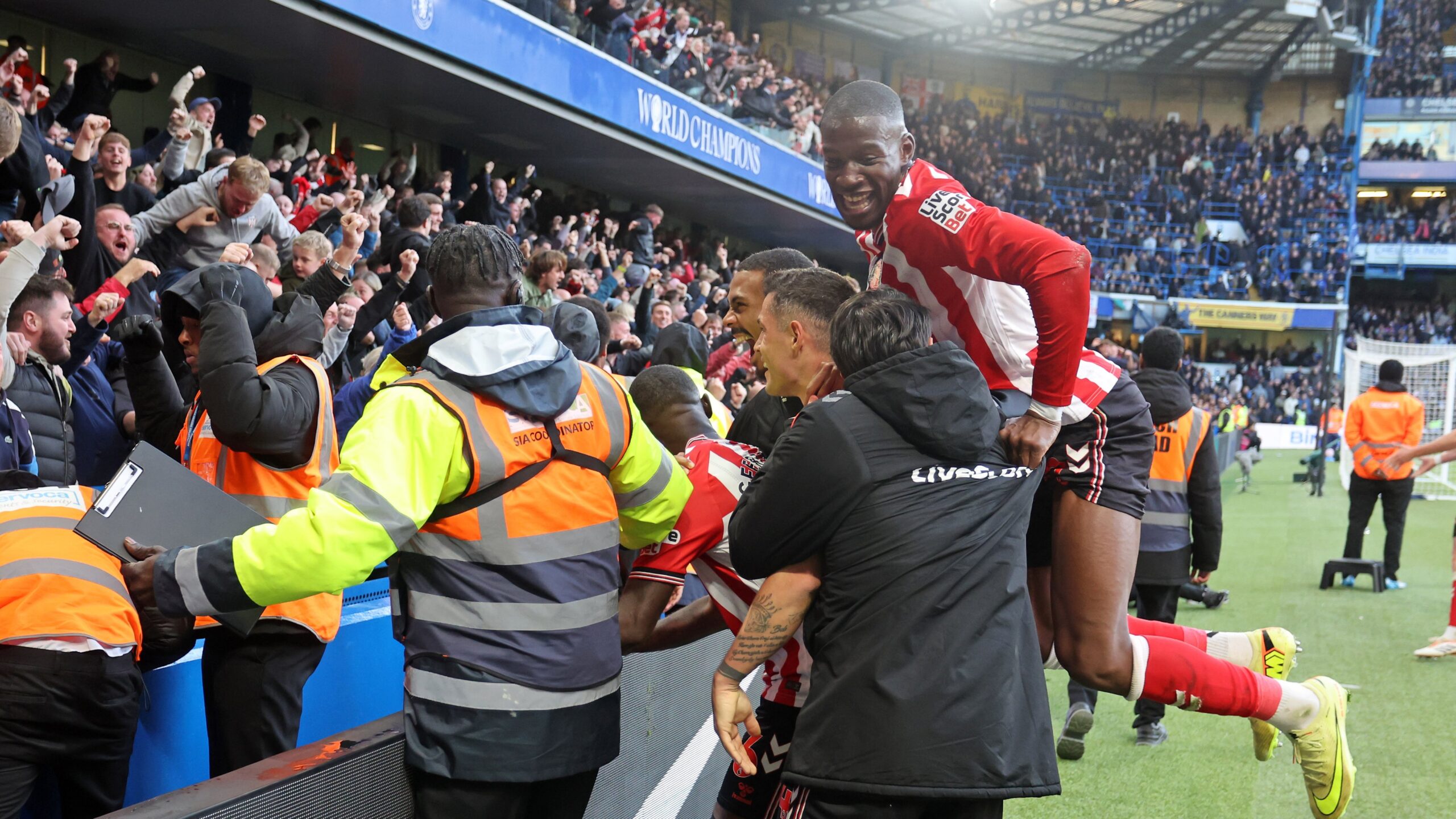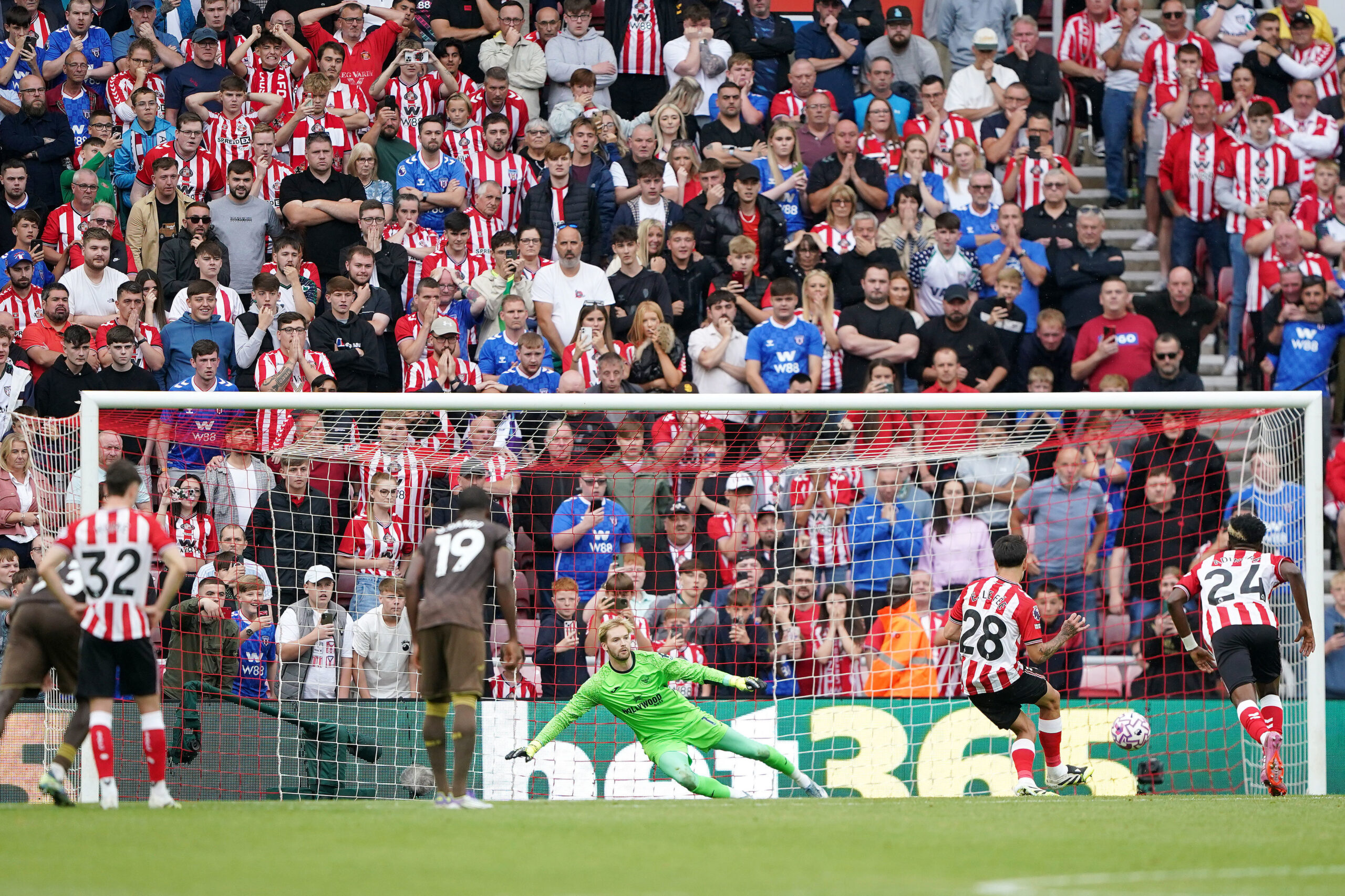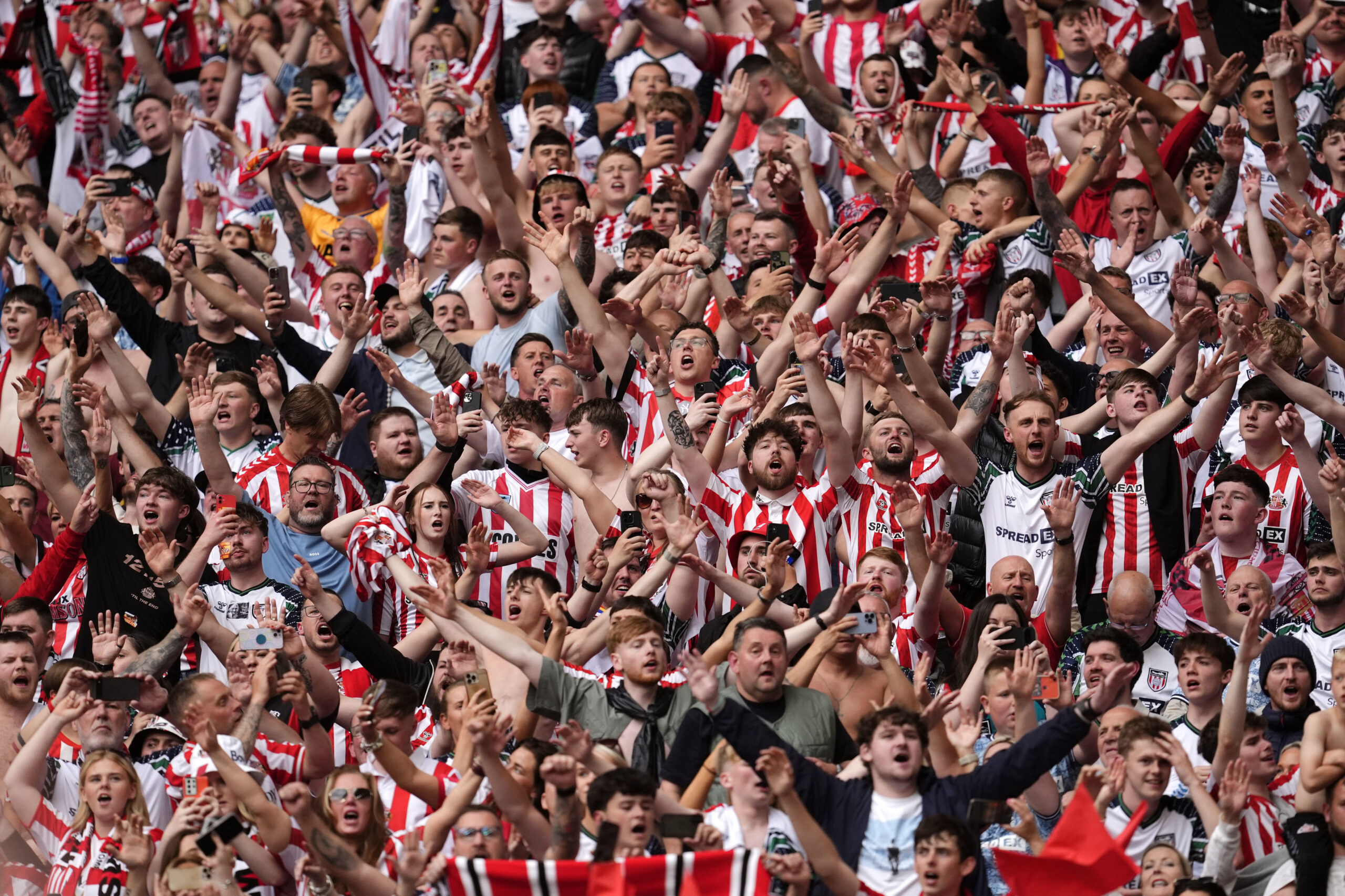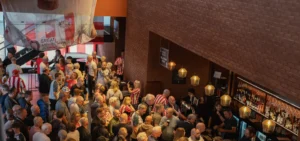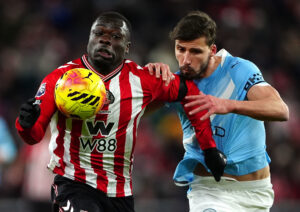Lee Johnson recently declared the Stadium of Light to be a ‘difficult place to play’ at times for the home team. Following Sunderland’s first round exit from the FA Cup at the hands of League Two strugglers Mansfield Town at the weekend, he then touched on ‘Social Media Polls’, ‘Fan Forums’ and players’ inbox messages.
The inference being that all are having a negative impact on confidence within group at the moment. In light of these external factors there was, he stated, only so much that could be done ‘internally’.
Supporters may listen to Johnson’s comments here and arrive at entirely different opinions.
You could interpret them as a subtle needle towards the fans. The potential beginnings perhaps of an emerging narrative, laying groundwork to shift blame away from a head coach’s own apparent failings. Or you could be left thinking it’s nothing of the sort. That instead he’s very much been misinterpreted, a victim of the increasing polarisation with social media. Twitter is certainly a fertile ground for over-analysis, often riven by disagreements. No one can deny that.
But supporters will have different views. That’s expected. That’s entirely fine. That’s life.
Yet amidst the inevitable online related discourse on this over the weekend, Sunderland’s alarming dip in form was somewhat lost. This is the main issue at hand.
Indeed that was, is and should always be the real concern when reflecting upon a team’s apparent slump.
In this regard it is difficult to find any nuance in the debate, for the evidence against Johnson’s men appears stark, at the moment.
Keeping with performances as our focus, let’s take a look at a few simple statistics to set the scene;
The Lads have lost four of their last six matches. Within this, the broader context is of course the poor performances. The obvious worry is goals are being haemorrhaged at the back and have become scarce going forward. Sunderland has conceded 10 and scored one during this time period (7.5hrs of football). xG and xAG stats reflect a team on a downward spiral. Sunderland lie 17th in the form table. It’s certainly a capitulation from back to front, by any measure.
So, what has caused this rapid decline?
The smart money is on a range of issues. But, remember talk of Johnson’s high press bearing some fruit earlier in the season? Johnson was praised for its successful deployment. This factor has been far less effective recently and perhaps it could be, in part, where the club’s form began to first unravel.
As we know beating the press in football requires the weak link to be targeted. Unfortunately for Johnson his side has many at the moment. However, there is certainly a propensity for us to be exposed down the wings in particular and again there are some statistics to bear this out. In summary though, Whoscored.com describes it best categorising Sunderland as weak at ‘defending against attacks down the wings’ and very weak at ‘stopping opponents from creating chances’.
Therefore, what was once a key strength has suddenly now become a weakness.
Our press can be beaten easily all too often and is, in some part due, to our wide men being forced to come narrower in order to provide cover to a midfield struggling for confidence and form.
Why is this happening? It’s been noticeable that the opposition appears to overload the main sitting midfielder or pivot at times and thus creates space down the wings when our own wingers come across in order to provide help. Luke O’Nien has struggled of late and Corry Evans faired little better at the weekend. Stats aren’t necessarily needed here. Our eyes have bare witness to this too many times of late.
Of course, this is compounded when the wingers simply don’t track back at all. Aiden McGeady, Lynden Gooch and Leon Dajaku are all guilty of this offence. Gooch was 20 yards away from his man in the middle of the park against Sheffield Wednesday just last week allowing a clear goalscoring opportunity to be exploited. With Gooch both narrow and fast asleep it became the ideal gift to a side looking to break press.
In short, as Johnson has admitted himself, teams have worked us out. But we aren’t helping ourselves.
To be fair, this is readily apparent and didn’t need highlighting. When a side sitting fourth bottom of League Two without a win in 14 games across all competitions arrives in SR5 and is the better side, (certainly in the first half), something is clearly amiss.
However, if the above offers a little potential insight into where things have potentially gone wrong it does not tell the whole tale. All roads lead back to the head coach for those answers.
It was disappointing to note then, that when asked by the media what has caused the club’s bad habits to return Johnson’s responded by saying that this was the ‘million dollar question’. Not a turn of phrase to suggest positive change is imminent. Johnson’s past managerial career doesn’t offer any indication that he has the tools to stop the rot quickly once it’s set in either. That isn’t to say it isn’t possible now and that should not be forgotten. We can only hope Ipswich kickstarts another positive run.
Yet, with no apparent answers to Sunderland’s current problems the next several weeks feel like he is a man quickly approaching the fork in a metaphorical road.

